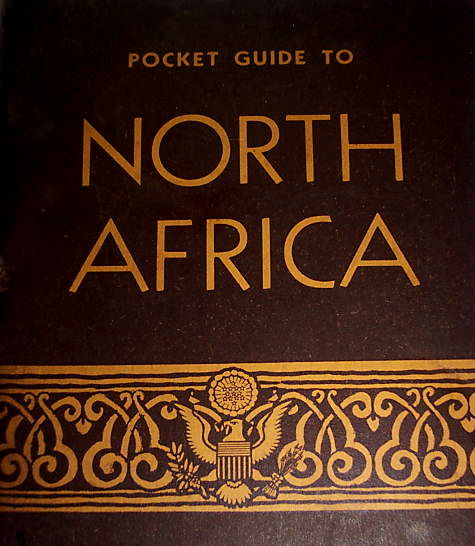 After the close of the First World War, one of the great strategists of Europe predicted that the next great war would be won in North Africa. He foresaw such a rise in air power as would make the Mediterranean Sea virtually a defile for all shipping. If their enemies were to come into complete possession of the Mediterranean shores, an almost insupportable strain would be put upon the nations dependent on sea power. On the other hand, if the North African coast could be held by
After the close of the First World War, one of the great strategists of Europe predicted that the next great war would be won in North Africa. He foresaw such a rise in air power as would make the Mediterranean Sea virtually a defile for all shipping. If their enemies were to come into complete possession of the Mediterranean shores, an almost insupportable strain would be put upon the nations dependent on sea power. On the other hand, if the North African coast could be held by
the sea-power nations — Great Britain and the United States — its air and sea bases would become the spring-board to the reconquest of Europe and the final defeat of
the forces dominating that continent.
THREE YEARS OF STRUGGLE
FOR more than three years, events have sustained this prophecy, and the armed forces of the United Nations and of the Axis have been locked in a tremendous struggle for North Africa. One campaign has followed another across its desert spaces. None was finally successful. For a time it seemed as if the whole of the Mediterranean and the land which surrounded it would be lost to our
side…
Download: Pocket Guide to North Africa
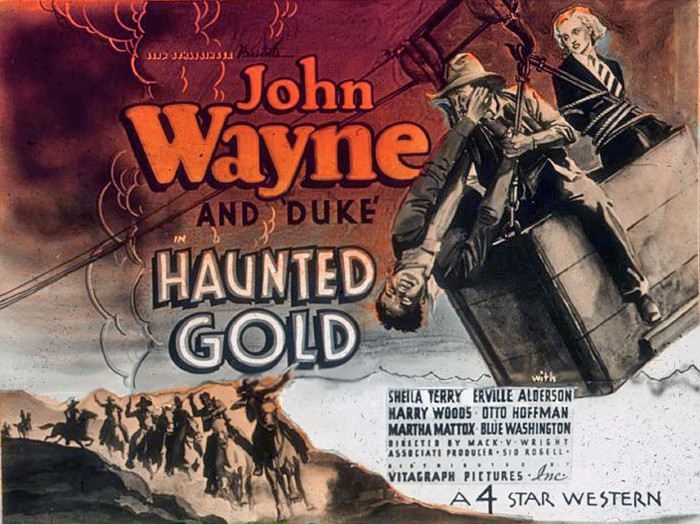
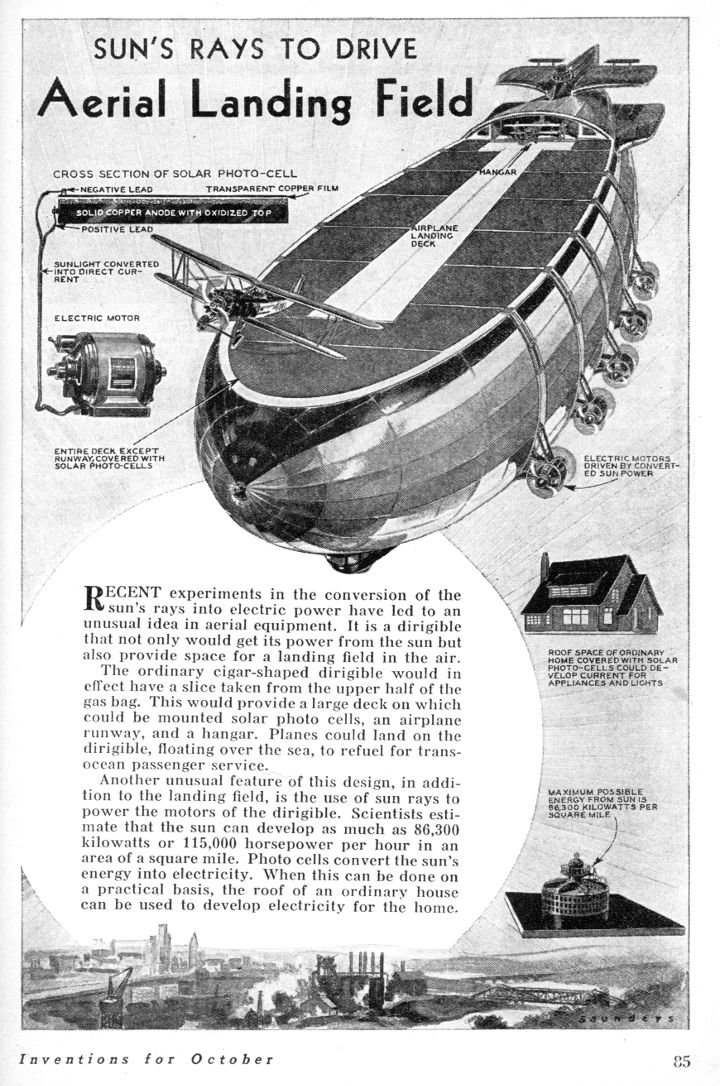

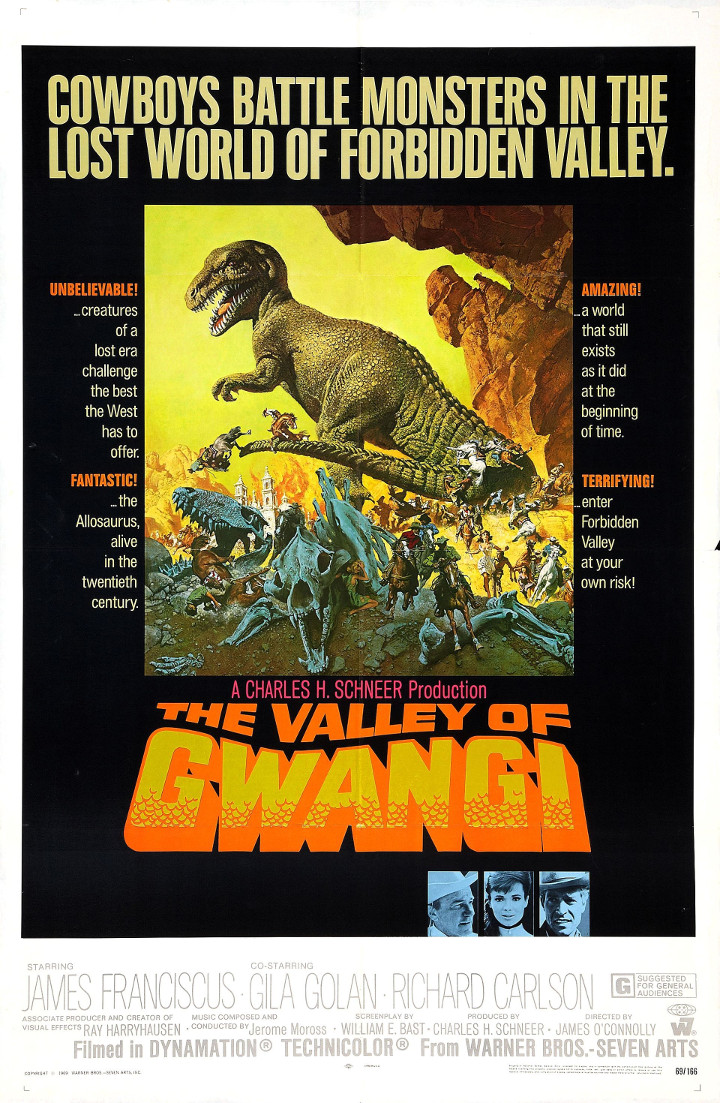
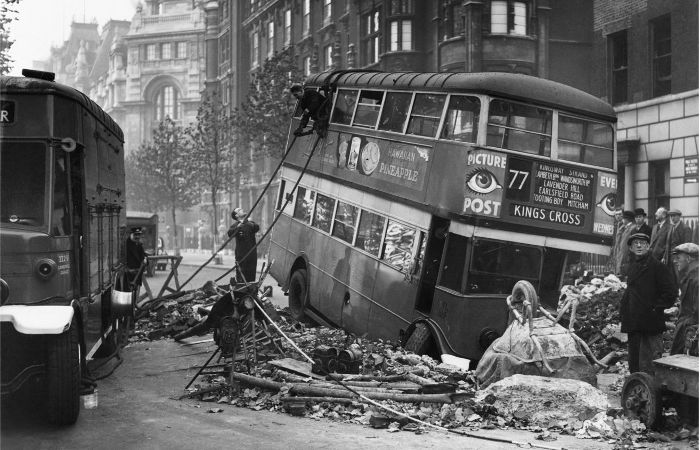
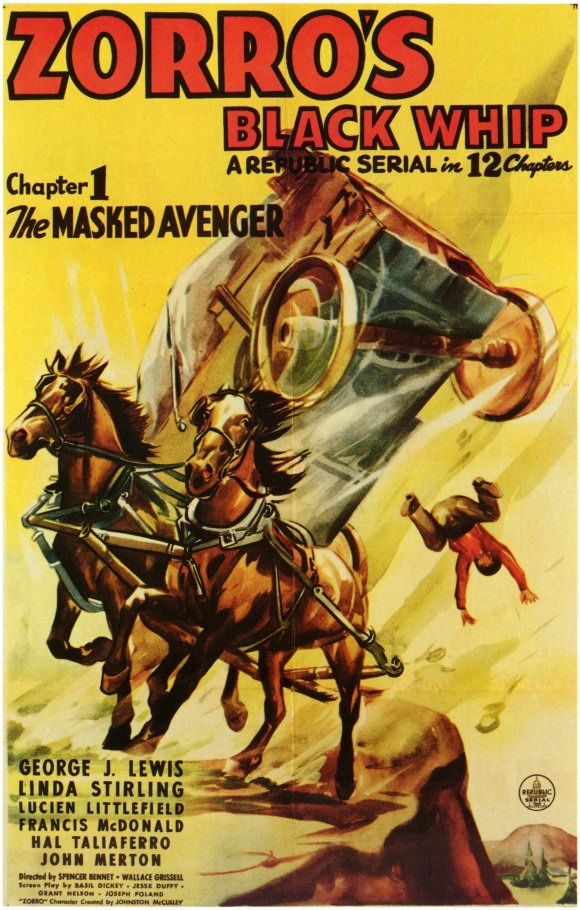
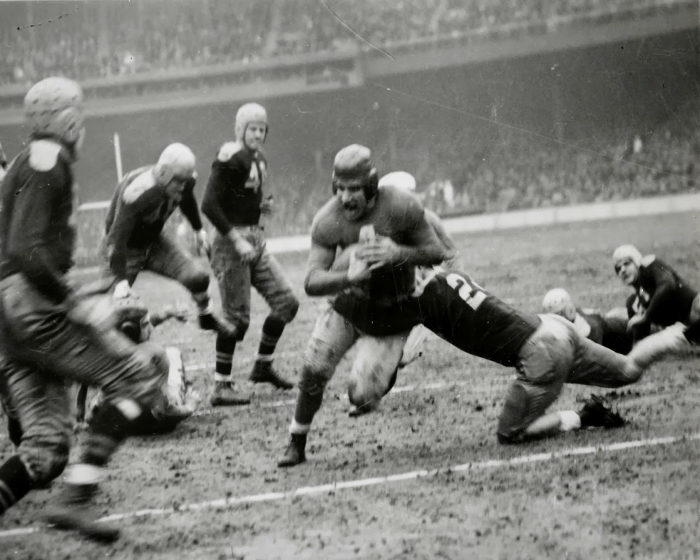
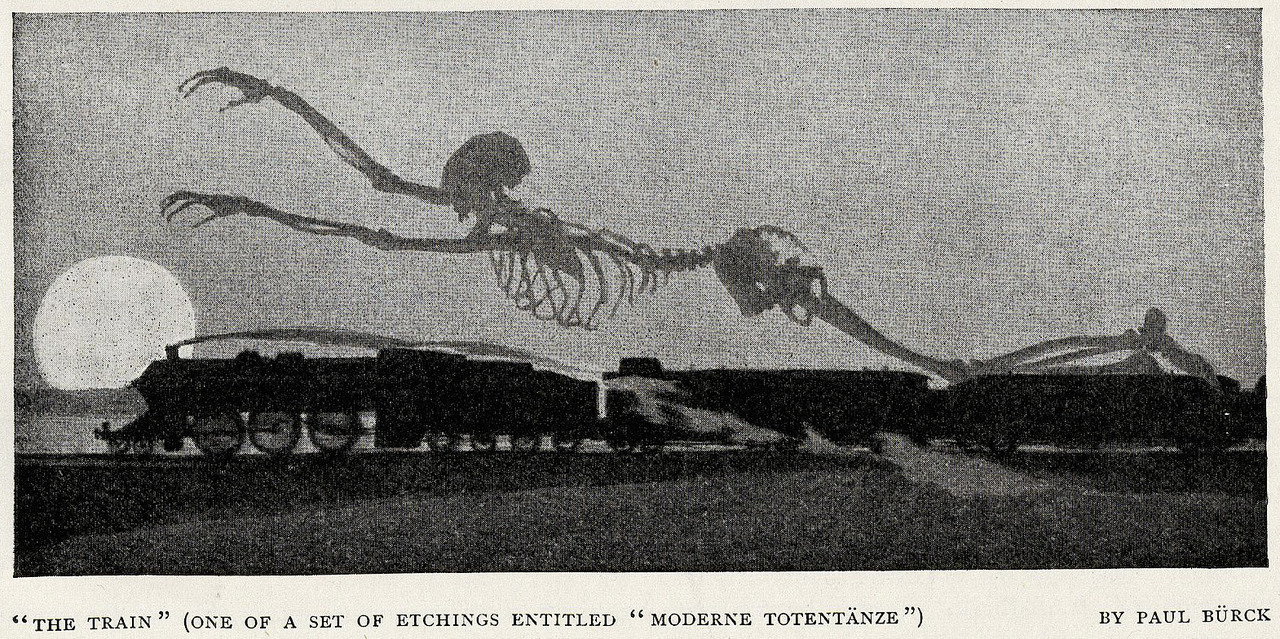
 After the close of the First World War, one of the great strategists of Europe predicted that the next great war would be won in North Africa. He foresaw such a rise in air power as would make the Mediterranean Sea virtually a defile for all shipping. If their enemies were to come into complete possession of the Mediterranean shores, an almost insupportable strain would be put upon the nations dependent on sea power. On the other hand, if the North African coast could be held by
After the close of the First World War, one of the great strategists of Europe predicted that the next great war would be won in North Africa. He foresaw such a rise in air power as would make the Mediterranean Sea virtually a defile for all shipping. If their enemies were to come into complete possession of the Mediterranean shores, an almost insupportable strain would be put upon the nations dependent on sea power. On the other hand, if the North African coast could be held by